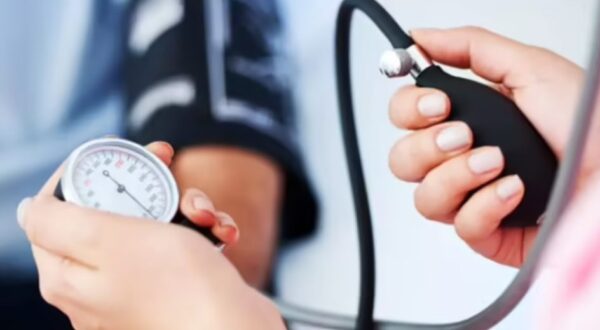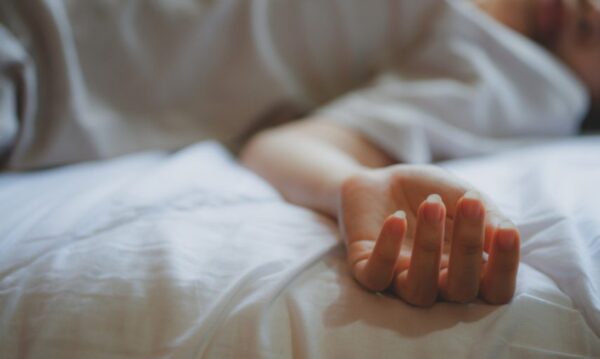Lifestyle
Here’s the ideal time to sleep for a healthy heart

The best approach to relax and restore your body is to get plenty of sleep.
It is what minimizes the danger of acquiring numerous ailments, including cardiovascular issues, by eliminating all physical and mental pressures.
While some people start going to bed as soon as they fall asleep, research reveals that there may be a best time to go to bed in order to maintain a healthy heart.
According to the research
Sleeping between 10 p.m. and 11 p.m. is the best time for heart health, according to a recent UK study. The new study, which was published in the European Heart Journal, gathered data from over 88,000 participants in the UK Biobank study, ranging in age from 43 to 79, who agreed to wear an accelerometer for seven days to track their bedtime and wake-up times. In addition, the volunteers were assessed physically, demographically, and in terms of their lifestyle and health.
People who went to bed before 10 p.m. and stayed up later than 11 p.m. had a higher risk of cardiovascular disease than those who slept between 10 and 11 p.m., according to the research. In addition, women had a stronger link between bedtime and the risk of heart disease.
A healthy body need enough sleep and a regular bedtime
Sleep deprivation has been related to a variety of health problems, including high blood pressure, obesity, and diabetes. As a result, in the past, academics have stressed the importance of getting at least seven to eight hours of sleep per night. Similarly, the most recent discovery reveals a possible link between the commencement of sleep and the risk of cardiovascular disease.
“Our study reveals that the best time to go to sleep is at a certain point in the body’s 24-hour cycle, and variations may be detrimental to health,” says Dr. David Plans, the study’s lead author and senior professor in organizational neuroscience at the University of Exeter. “The most dangerous time was after midnight,” he continues, “perhaps because it reduces the possibility of seeing morning light, which resets the biological clock.”
He also describes how the best bedtime coincides with the body’s circadian rhythms and daylight exposure. “While our findings do not prove causation, they do show that early or late bedtimes are more likely to upset the body clock, which can have negative effects for cardiovascular health,” Dr. Plan explains. However, the ideal sleep window of 10 p.m. to 11 p.m. may not apply to everyone, necessitating further study.
A good night’s sleep, of at least 8 hours, is essential for a healthy heart and body. Additionally, drinking alcohol or taking sleeping pills to help you sleep better is not recommended. If you’re having trouble sleeping, waking up frequently, or having breathing problems in the middle of the night, you should seek medical attention right once.










